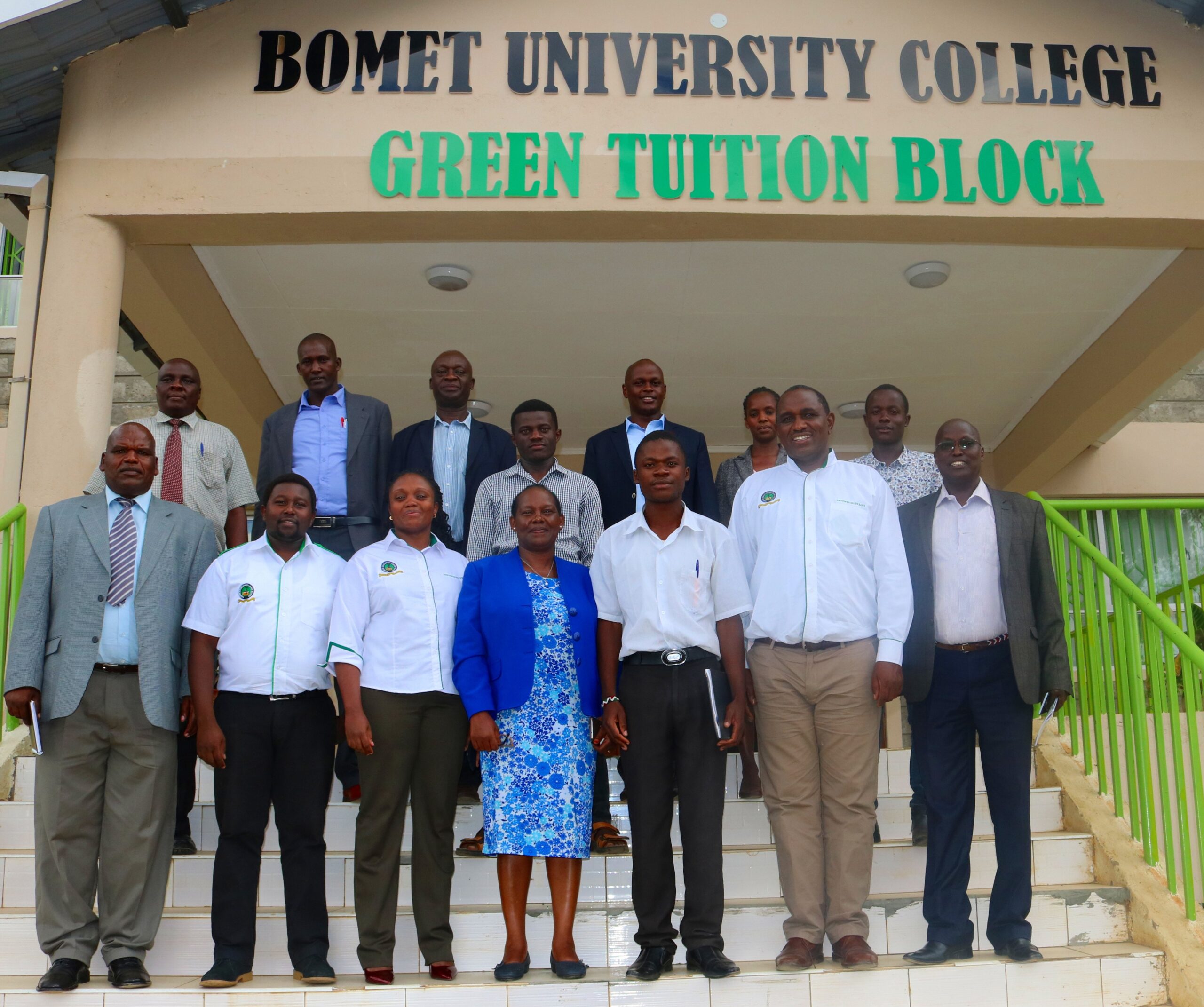
Study Tips for High School Students
High school can be a challenging yet transformative time for students. With the right study habits, you can achieve academic success, reduce stress, and prepare for future endeavors.
This guide compiles the top 100 study tips for high school students to help you excel in your studies and beyond.
Why Effective Study Habits Matter
Developing effective study habits is crucial for:
- Improved Academic Performance: Better grades and deeper understanding of subjects.
- Time Management: Efficiently balancing schoolwork, extracurriculars, and personal time.
- Stress Reduction: Minimizing last-minute cramming and anxiety.
- Lifelong Skills: Building discipline and organization that benefit future education and careers.
Top 100 Study Tips for High School Students
General Study Tips
- Set specific, achievable goals for each study session.
- Create a dedicated, distraction-free study space.
- Use a planner to organize assignments and deadlines.
- Break tasks into smaller, manageable chunks.
- Prioritize tasks based on deadlines and difficulty.
- Use the Pomodoro Technique to stay focused.
- Avoid multitasking; focus on one subject at a time.
- Keep your study materials organized.
- Review your notes regularly to reinforce learning.
- Take short breaks to recharge your mind.
Time Management
- Develop a daily schedule and stick to it.
- Start studying well before exams.
- Use time-blocking techniques for efficient study sessions.
- Avoid procrastination by tackling harder tasks first.
- Set timers to limit time spent on social media or gaming.
- Allocate more time to challenging subjects.
- Prepare for classes the night before.
- Use a digital or physical calendar to track important dates.
- Learn to say no to unnecessary distractions.
- Reflect on how you spend your time and make adjustments.
Note-Taking Strategies
- Write concise, clear notes during class.
- Use bullet points and headings for better organization.
- Highlight key concepts and terms.
- Review and revise your notes within 24 hours.
- Use diagrams and charts to visualize information.
- Record lectures (with permission) for later review.
- Summarize chapters in your own words.
- Use color-coded pens or highlighters for clarity.
- Create flashcards for quick review.
- Keep a separate notebook for each subject.
Study Techniques
- Practice active recall by testing yourself.
- Use spaced repetition for long-term retention.
- Teach what you’ve learned to someone else.
- Solve past exam papers for practice.
- Use online resources like Khan Academy or Quizlet.
- Study in small groups for collaborative learning.
- Relate new concepts to real-life examples.
- Use mnemonic devices to remember lists or formulas.
- Rewrite notes to reinforce memory.
- Listen to educational podcasts or watch videos.
Reading and Comprehension
- Skim chapters to get an overview before deep reading.
- Highlight or underline key points in textbooks.
- Take notes while reading to enhance understanding.
- Summarize each section in your own words.
- Read aloud to improve focus and retention.
- Use audiobooks for difficult texts.
- Look up unfamiliar words or terms immediately.
- Ask questions about what you’ve read to deepen comprehension.
- Use graphic organizers like mind maps.
- Revisit challenging sections multiple times.
Exam Preparation
- Start preparing weeks in advance.
- Create a study guide summarizing key topics.
- Focus on understanding concepts, not just memorization.
- Review previous exams for common question patterns.
- Use mock tests to simulate exam conditions.
- Identify and focus on weak areas.
- Get plenty of sleep the night before exams.
- Avoid cramming; it’s less effective for retention.
- Prepare your materials (pens, calculators) in advance.
- Stay calm and confident during the exam.
Motivation and Focus
- Set rewards for completing study goals.
- Visualize your success to stay motivated.
- Surround yourself with supportive peers.
- Limit distractions by turning off notifications.
- Use apps like Forest to stay focused.
- Remember your long-term goals.
- Avoid comparing yourself to others.
- Break monotonous tasks with fun activities.
- Celebrate small achievements.
- Stay positive and avoid self-doubt.
Health and Well-being
- Maintain a balanced diet for better concentration.
- Stay hydrated throughout the day.
- Exercise regularly to boost energy and focus.
- Get at least 7-8 hours of sleep per night.
- Take deep breaths to manage stress.
- Practice mindfulness or meditation.
- Avoid excessive caffeine or sugar.
- Listen to calming music while studying.
- Keep a tidy and comfortable study area.
- Seek help if you feel overwhelmed.
Tools and Resources
- Use apps like Evernote or Notion for note organization.
- Explore online learning platforms like Coursera or Udemy.
- Use Grammarly for writing assignments.
- Install focus-blocking apps like StayFocusd.
- Access free resources from your school library.
- Try mind-mapping tools like MindMeister.
- Use flashcard apps like Anki.
- Watch educational YouTube channels.
- Join online forums for peer support.
- Utilize school-provided resources and counseling.
Building Long-Term Habits
- Set realistic and consistent study routines.
- Reflect on what study methods work best for you.
- Keep a growth mindset to embrace challenges.
- Learn from mistakes and adapt your strategies.
- Stay curious and open to new learning techniques.
- Develop self-discipline by setting clear boundaries.
- Keep a journal to track progress and setbacks.
- Build a support network of friends, family, and teachers.
- Take breaks to avoid burnout.
- Never stop learning and improving.
Conclusion
Success in high school requires more than intelligence—it demands effective study habits, time management, and a positive mindset.
By implementing these top 100 study tips, you can enhance your learning experience, achieve your academic goals, and prepare for future challenges.
Related articles
- Top 10 Students in KCSE Results 2024/2025: How to Check and Celebrate Excellence
- Top 100 Students in KCSE Results 2024/2025: Celebrating Kenya’s Brightest Minds
- Top 10 Schools in KCSE Results 2024/2025: Leading the Nation in Academic Excellence
- How to Check KCSE Results 2024/2025: A Step-by-Step Guide
- KCSE Results 2024/2025: How to Access, Interpret, and Plan Ahead


